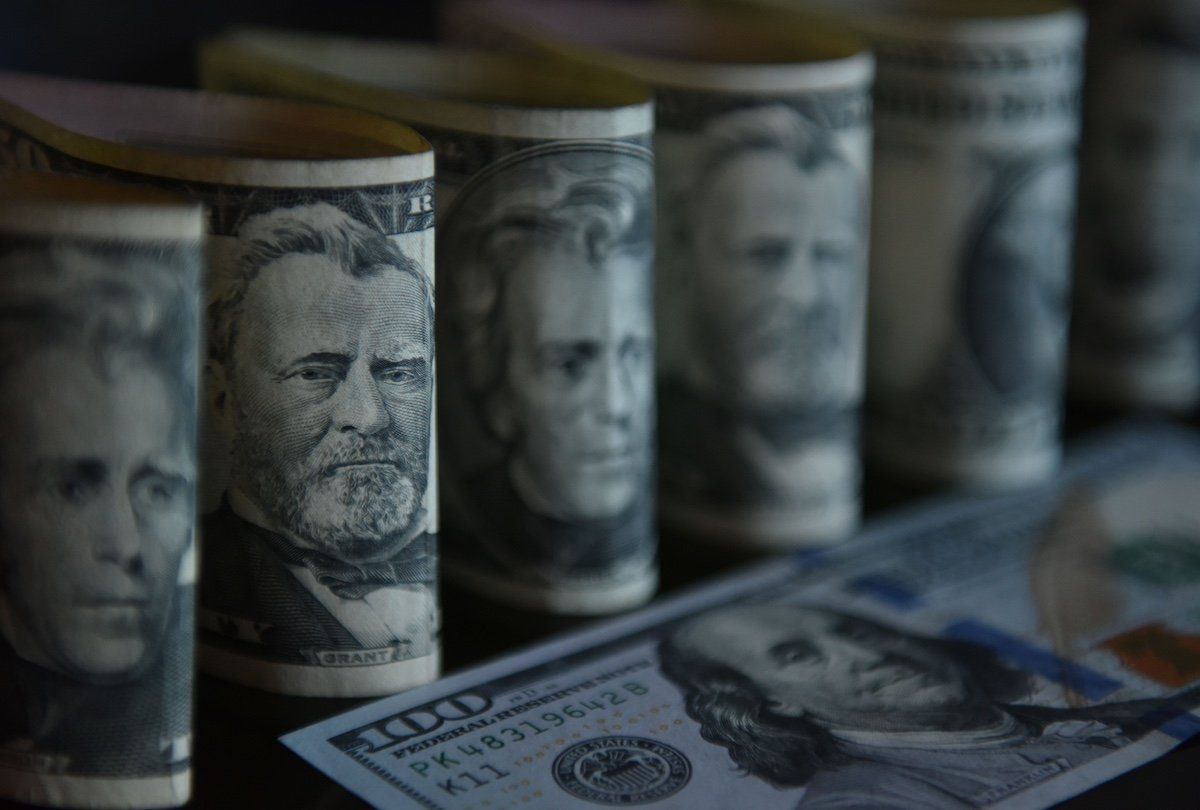3.4: US annual inflation was 3.4% through December, higher than analysts had expected, driven by costs for housing and energy. Core inflation – which removes more volatile fuel and food prices – rose at 3.9%, down from 4% in November, but still slightly higher than predicted. And with that, the mic now passes to Canada, which reports its own December price data next week. The last Canadian readout, from December, was also exceeded forecasts, coming in at 3.1%.
3: Jet manufacturer Bombardier has won a contract to supply the Pentagon with three business jets for conversion into a prototype spy plane. The win is doubly sweet coming just weeks after the Canadian government nixed the Montreal-based company from a similar deal that went to US rival Boeing.
90: Brazil has postponed by 90 days the launch of a new eVisa system for travelers from the US and Canada. The online platform aims to simplify the visa process, but Brasilia decided to push the start date from Jan. 10 to April 10 to avoid “interfering with the flow of tourists” during Brazil’s high season. Great, we’ll see you with your chunky old non-eVisas at Carnival in February then, eh?
67.7: A government
study of the labor force among Canadian permanent residents from several regions of the world found that African immigrants had the highest employment rate with 67.7% actively working. Asia was close behind with 66.3%, followed by Latin America with 66%. North America and Europe were tied in last place with 56.6%. Africa has led the list every year since 2019, the first year included in the study.
